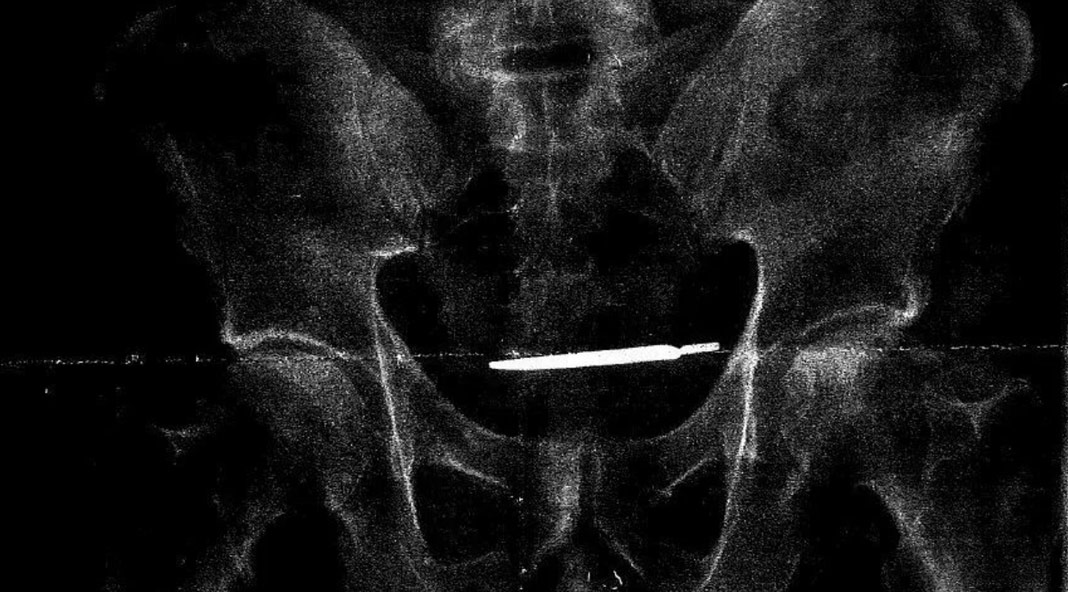Boston Globe
Jeremy C. Fox
A Connecticut Army veteran alleges that a surgeon left a surgical instrument in his abdomen during a 2013 operation at a Veterans Administration hospital, and the object remained there for nearly four years, despite his complaints of pain, according to a federal lawsuit.
Glenford Turner, 61, who spent at least 20 years in the Army before being honorably discharged, had his cancerous prostate removed in robot-assisted laparoscopic surgery at VA Connecticut Healthcare System, West Haven Campus, said his lawyer, Joel Faxon.
The surgery took about five hours instead of the hour it should have taken, and afterward there was no X-ray performed to ensure that no surgical materials had been left behind — a standard measure after surgery, Faxon said in a phone interview Monday.
The object, lying between Turner’s bladder and rectum, was not removed until April 2017, after Turner “experienced severe abdominal pain” during a March 2017 MRI, according to court documents. An X-ray taken in 2017 and included in the court filing shows what appears to be a scalpel.
A Department of Veterans Affairs spokesman, Curt Cashour, said in an e-mail that the “VA does not typically comment on pending litigation.”
Turner was traveling and unavailable for an interview on Monday, Faxon said. The attorney expressed shock at the case.
“I don’t know how the man is still alive, frankly, because [the instrument] could have pierced the bowel, it could have pierced the intestines, it could have pierced the stomach,” Faxon said. “There are a lot of sensitive parts in the lower abdomen.”
He said Turner was deeply upset after learning he had carried the instrument inside his body for years.
“He’s apoplectic over the whole thing,” Faxon said. “He’s been going to the doctor for four years, and he’s been having this pain, and they’ve sort of blown him off.”
So far, Turner has had no infections diagnosed and is “getting along OK,” Faxon said, but he is concerned there could be long-term damage.
Faxon said that before pursuing the lawsuit, he and Turner had filed an administrative claim, as the law requires, and had expected a quick resolution.
“I said this is the easiest case in the history of the world for the government to pay, because they know they screwed up,” he said.
But the VA, according to Faxon, responded that it did not have enough personnel available to investigate Turner’s claim, which perplexed him.
“You have an administration run by Donald J. Trump, who claims to be a friend of the veteran,” Faxon said. “And the veteran is then completely blown off by the government, forcing us to file this lawsuit and go through this process that’s completely unnecessary.”
